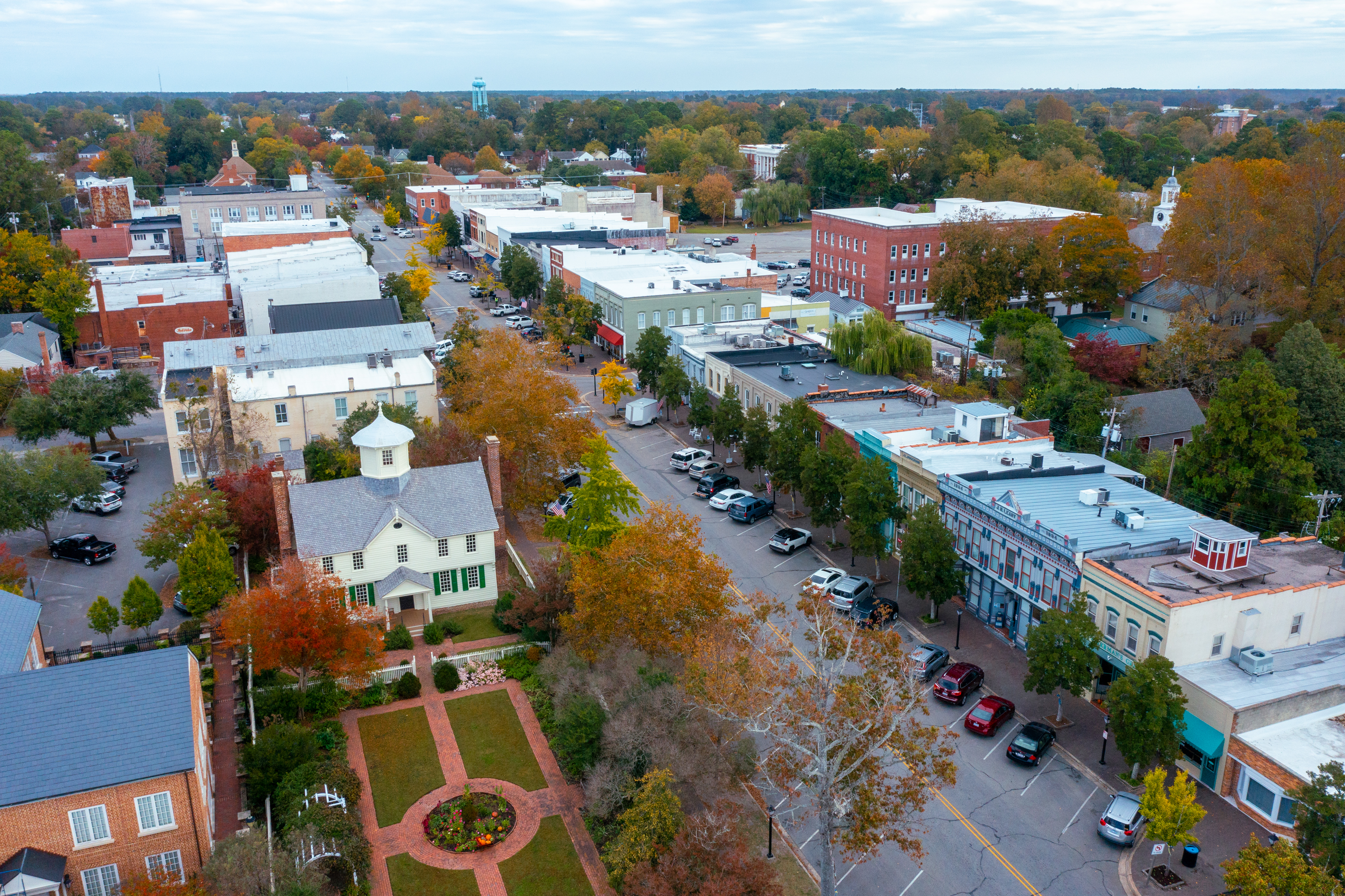North Carolina
The state of North Carolina funds and administers all indigent defense services in adult criminal trials. A state commission is responsible for providing oversight of services statewide.
The state of North Carolina funds and administers all indigent defense services for adult criminal cases in its appellate courts. A state commission is responsible for providing oversight of services statewide.
-
100 Counties State Funded
-
100 Counties State Administered
-
100 Counties with a Commission With Statewide Authority
-
100 Counties State Funded
-
100 Counties State Administered
-
100 Counties with a Commission With Statewide Authority
The state-funded North Carolina Office of Indigent Defense Services (IDS) is responsible for administering and overseeing indigent defense across the state. IDS provides oversight of indigent defense through its 13-member Commission on Indigent Defense Services. Diverse authorities appoint the commission’s members, who are responsible for selecting the IDS executive director, developing standards, and determining the method of delivery for indigent defense services throughout the state. IDS also houses statewide units for capital cases, juvenile cases, and appeals, among others.
IDS provides trial-level adult representation through public defender offices, contracts with private attorneys, or panels of private attorneys paid hourly. The commission’s authority to determine delivery methods across the state is limited in certain ways. First, the commission must consult with local stakeholders, mainly the bar and judges of each district. Second, a legislative act is required to establish a public defender office. Third, in districts with a public defender office, the senior resident superior court judge selects the chief public defender.
The state-funded North Carolina Office of Indigent Defense Services (IDS) is responsible for administering all adult appellate representation across the state. A statewide appellate unit, staffed by public defenders, delivers services. A director heads the unit. In cases of overflow or conflict, the appellate director assigns cases to private attorneys paid hourly. The appellate director is also statutorily authorized to assign appeals to local trial public defender offices. IDS has other statewide units for capital cases and juvenile representation, among others.
The Commission on Indigent Defense Services oversees IDS. Diverse authorities appoint the commission’s 13 members, who are responsible for selecting the IDS executive director and the directors of each statewide unit, and for developing standards. IDS is also responsible for determining the method of delivery of trial-level indigent defense services throughout the state.

Dig Deeper
Who serves on the commission?
Where does state funding come from?
How does the senior resident superior court judge select the chief public defender of a public defender office?
Who selects panel private attorneys to provide indigent defense services?
In which branch of state government does the indigent defense system reside?
Support Our Work
Criminal justice issues that disproportionately harm poor people, such as wrongful convictions and over-incarceration, cannot be fixed if indigent defendants are given attorneys who do not have the time, resources, or qualifications, to be a constitutional check on government. Yet, investment in improving indigent defense services remains largely neglected. The Sixth Amendment Center is the only nonprofit organization in the country that exclusively examines, uncovers, and helps fix the root of the indigent defense crisis in which inequality is perpetuated because poor defendants do not get a fair fight.
The Sixth Amendment Center is a tax-exempt 501(c)(3) nonprofit organization under EIN: 45-3477185.
Donations are tax-deductible to the fullest extent allowable under the law.


